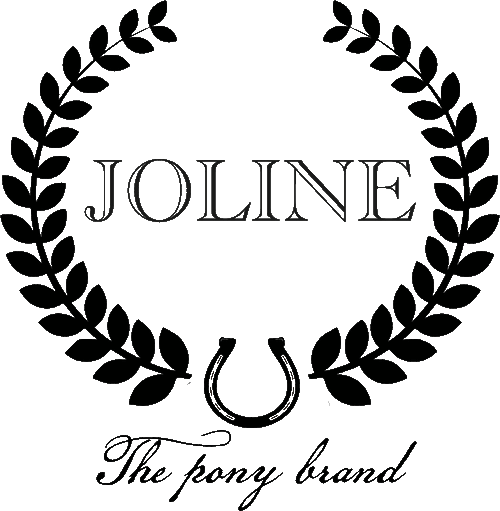A balanced diet not only helps keep your horse or pony fit and energetic, but also prevents common health problems such as colic, laminitis and obesity. But what exactly is the right diet for a horse or pony? In this blog, we share all about nutrition and give tips and advice on choosing the right roughage and supplementing with concentrates and supplements!
The basics of a horse's diet
A horse or pony's basic natural diet consists primarily of roughage; grass and hay. On average, a horse should eat 1.5 to 2% of its body weight in hay or grass per day. Make sure there is always fresh hay that your horse or pony can grab.
It is important to maintain good quality forage. Fresh hay is high in fiber and supports good intestinal function, which is important for overall health. It also helps wear down teeth and prevents stomach problems. Horses and ponies have sensitive stomachs, and a lack of roughage can quickly lead to colic or stomach ulcers.
Supplementary feed for horses
In addition to roughage, concentrates can be an important supplement, especially when a horse needs extra energy, such as in sport horses or pregnant mares. Concentrated feed can consist of grains, such as oats or barley, or a complete compound horse feed rich in vitamins, minerals and protein.
It is important to match concentrate feed to the specific energy requirements of your horse or pony. A horse that is less active will need significantly less concentrate feed than a horse that does intensive work. Too much concentrate feed can lead to obesity and health problems such as laminitis.
In addition, it is important that your horse always has access to clean, fresh water. Depending on temperature and activity level, a horse can drink up to 30 liters of water per day.
In the winter, it may be necessary to add extra vitamins or supplements to a horse's diet, as limited exposure to sunlight can affect vitamin D production.
Salt also plays an important role in a horse's diet. A salt block in the barn or pasture allows your horse to self-supplement when needed. This helps regulate fluid levels in the body and prevents dehydration.
Feed for horses: what are the options?
There are several types of feed available, each with their own benefits. Which kind you choose depends on the needs of your horse or pony. Some popular options are:
- Concentrated feed: Rich in energy and suitable for horses with higher energy requirements.
- Supplements: Supplements such as mineral blocks or supplements for joints or skin health.
- Muesli: A mix of grains and other nutritious ingredients, often used with sport horses.
Be sure to choose the right feed to suit your horse or pony's activity and health. When in doubt, consult a nutritionist or veterinarian to find the right balance.
Digestion and nutrition of a horse
Horses have a unique digestive system that is geared to absorb food regularly and in small amounts. Therefore, it is wise to feed several small meals a day rather than one or two large portions. A useful guideline is to give at least three meals a day: morning, noon and evening.
Also pay attention to the times you feed. Make sure there is always a period of rest after feeding before you put your horse back to work, especially after feeding concentrates. This prevents digestive problems and ensures that there is enough energy to perform well.
Every horse is different and has specific needs based on age, breed, activity and health status:
- Foals: These young horses and ponies need extra protein for their growth. High-protein concentrates can help with this, in addition to unlimited roughage.
- Sport horses: Horses that train intensively, such as in show jumping or dressage, need more energy. Make sure they get enough concentrate in addition to roughage to meet their energy demands.
- Older horses: Older horses often have difficulty digesting certain nutrients. Senior feed with extra fiber and easily digestible ingredients can help them stay healthy.
Do you have more questions about nutrition of and horse? Or do you have other questions? Please feel free to contact us!






